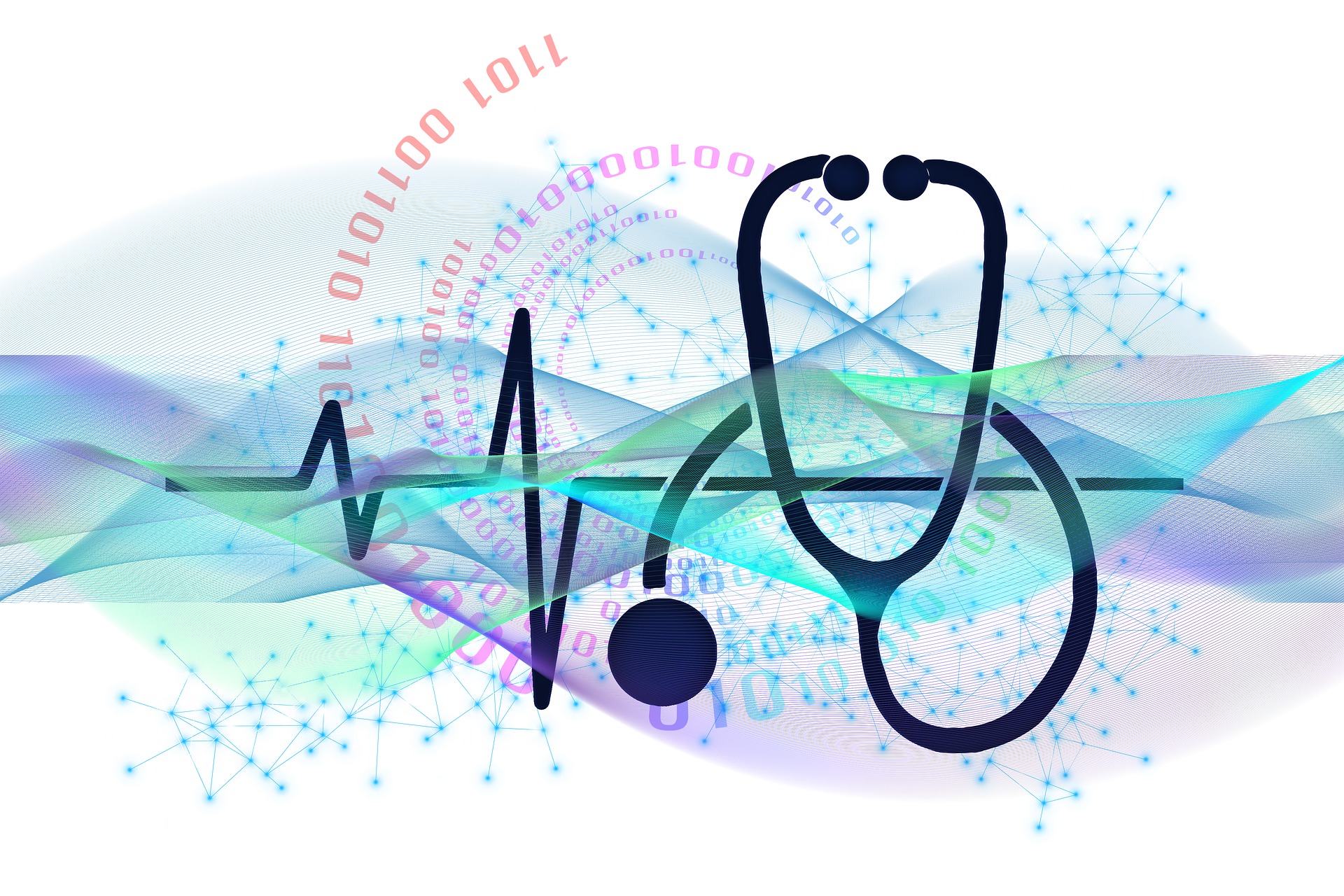Artificial intelligence (AI) is revolutionizing the field of electronic health records (EHR), bringing new possibilities for streamlining healthcare data management. With the ability to analyze large amounts of data and make predictions based on patterns, AI is helping healthcare professionals manage patient data more efficiently and effectively.
One area where AI is having a significant impact is in the organization and analysis of EHR data. AI algorithms can analyze patient data from multiple sources, such as medical images, lab results, and clinical notes, and organize it into a centralized, easy-to-use format. This can help healthcare professionals access the information they need more quickly and easily, improving patient care.
AI is also being used to develop clinical decision support tools that can quickly and accurately identify a wide range of diseases. For example, AI-powered tools can analyze symptoms, medical history, and other data to identify the most likely cause of a patient’s illness. This can help doctors make a diagnosis more quickly and accurately, reducing the need for invasive or time-consuming tests and procedures.
Another area where AI is having an impact is in the management of chronic diseases. With the ability to analyze patterns in patient data, AI algorithms can help doctors identify patients who are at risk of a disease flare-up, such as diabetes or heart disease. This can help doctors intervene early and prevent complications, improving patient outcomes and reducing healthcare costs.
AI is also being used to improve the efficiency of healthcare delivery. For example, AI algorithms can help doctors identify patients who are at risk of developing an infection or other complications while they are in the hospital. This can help doctors take steps to prevent these complications, such as providing prophylactic antibiotics or moving patients to a different unit of the hospital.
AI is also being used to enhance the treatment options for patients. By analyzing large amounts of data on patients’ medical history, genetics, and current condition, AI algorithms can help doctors identify the most effective treatment options for each individual patient. This can lead to more targeted and effective treatment, and can also help doctors avoid using treatments that are unlikely to be effective for a particular patient.
Despite the many benefits of AI in EHR, there are also some concerns and challenges. One concern is that AI algorithms may not always be accurate or reliable, and that they may produce results that are biased or that do not take into account important factors. This can lead to incorrect diagnoses or treatment plans, which can have serious consequences for patients.
Another concern is that AI algorithms may be used to replace human doctors or nurses, reducing the quality of patient care. Additionally, there are also ethical concerns around the use of AI in healthcare, such as privacy and data security.
Despite these concerns,
he benefits of AI in EHR are clear, and the technology is likely to continue to play an increasingly important role in the field. With the ability to analyze large amounts of data and make predictions based on patterns, AI is helping healthcare professionals manage patient data more efficiently and effectively, streamlining the healthcare data management process and improving patient care.
In conclusion, AI is revolutionizing the field of electronic health records and has the potential to streamline healthcare data management. Despite some concerns, the benefits of AI in EHR are clear and the technology is likely to continue to play an increasingly important role in the field. It’s important for healthcare professionals to stay informed about the latest developments in AI and to explore ways to use the technology to improve patient care and streamline healthcare data management.

No responses yet